Trail mix is a favorite snack for many individuals. A typical mix combines granola, dried fruits, nuts, seeds, cereals, and pretzels. The mix was originally…

Functional medicine is an evolution in the practice of medicine that better addresses the healthcare needs of the 21st century. By shifting the traditional disease-centered focus of medical practice to a more patient-centered approach, functional medicine addresses the whole person, not just an isolated set of symptoms. Functional medicine practitioners and health coaches spend time with their patients, taking a detailed history, listening to their background and stories, and looking at the interactions among genetic, environmental, and lifestyle factors that can influence long-term health and complex, chronic disease. In this way, functional medicine supports the unique expression of health and vitality for each individual.
By changing the disease-centered focus of medical practice to this patient-centered approach, our physicians are able to support the healing process by viewing health and illness as part of a cycle in which all components of the human biological system interact dynamically with the environment. The human body all acts together. There are many systems but they all influence each other to maintain homeostasis. Functional medicine takes this understanding of the body and instead of sending the patient to multiple specialists for each system, it treats the body as a whole. This process helps to seek and identify genetic, lifestyle, and environmental factors that may shift a person’s health from illness to well-being.

Trail mix is a favorite snack for many individuals. A typical mix combines granola, dried fruits, nuts, seeds, cereals, and pretzels. The mix was originally…

Chiropractic care has a powerful therapeutic effect on the body’s systems. This includes the nervous, muscular, skeletal, and lymphatic. The lymphatic system is a part…

Introduction The brain is one of the most powerful organs providing somatic and peripheral signals throughout the body. The brain ensures that the body stays functional and sends the right amount…
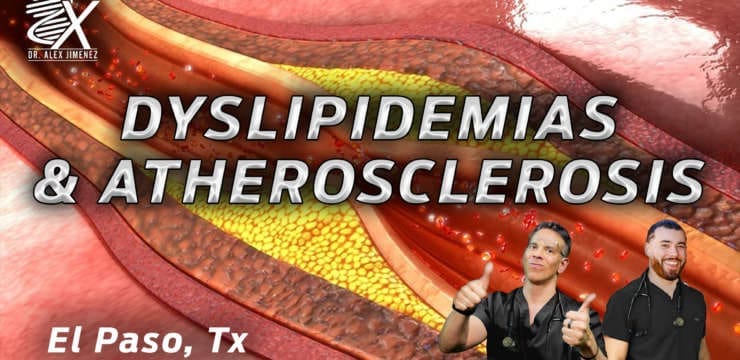
Introduction Dr. Jimenez, D.C., presents how to prevent atherosclerosis through various therapies that can help reduce the effects of cardiovascular diseases. By understanding the risk…

Introduction Dr. Jimenez, D.C., presents how to reverse dyslipidemia and atherosclerosis through various therapies that can help the body function. By understanding the risk factors…
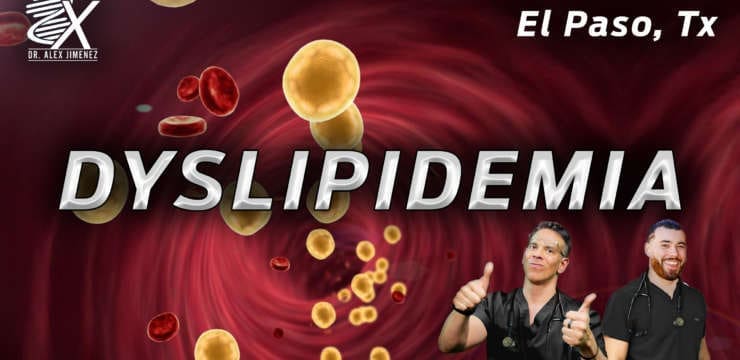
Introduction Dr. Jimenez, D.C., presents how dyslipidemia can increase the chances of various issues associated with multiple risk factors that can cause muscle and joint…
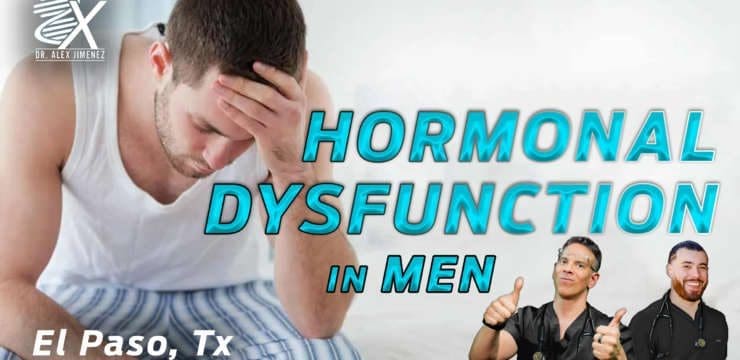
Introduction Dr. Alex Jimenez, D.C., presents how to look for signs of hormonal imbalances in men and how different treatment strategies, like chiropractic care, can…
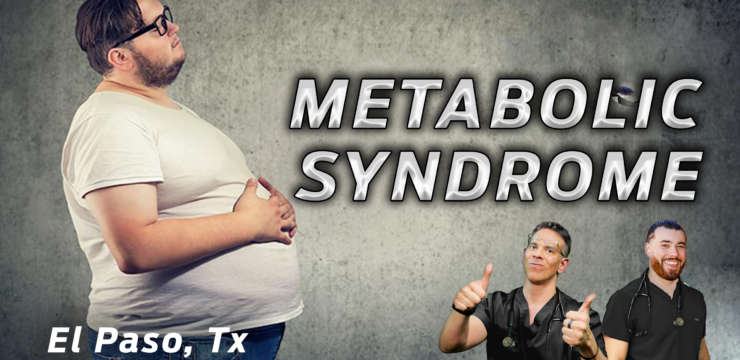
Introduction Dr. Alex Jimenez, D.C., presents the effects of metabolic syndrome that can disrupt the body’s functionality. Metabolic syndrome is a common disorder that can…

Introduction Dr. Alex Jimenez, D.C., presents how many people can recognize the cause of metabolic syndrome. Metabolic syndrome is a cluster of conditions ranging from…
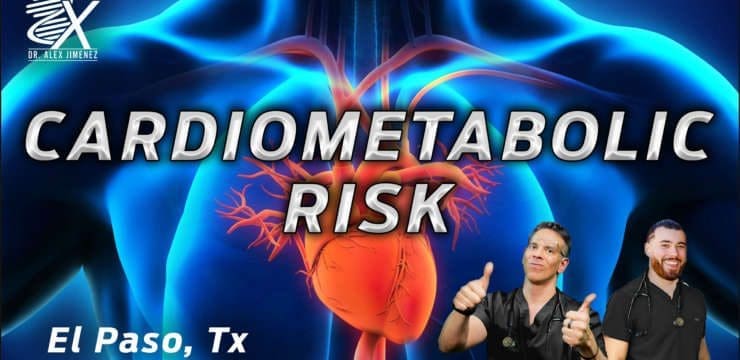
Introduction Dr. Alex Jimenez, D.C., presents how the cause and effects of cardiometabolic risk can affect a person’s health and wellness. Cardiometabolic syndrome can affect…

The adrenal glands are small and sit above the kidneys. The glands help the body burn fat and protein and regulate sugar, blood pressure, and…

Introduction Dr. Alex Jimenez, D.C., presents how various treatments can help with adrenal insufficiency and can help regulate hormone levels in the body in this…
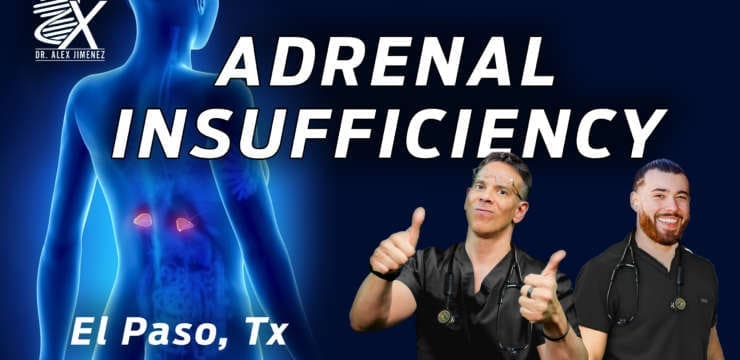
Introduction Dr. Alex Jimenez, D.C., presents how adrenal insufficiencies can affect the hormone levels in the body. Hormones play a vital part in regulating body…
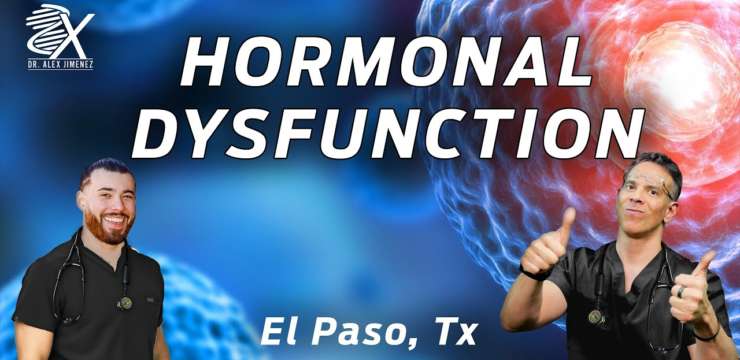
Introduction Dr. Alex Jimenez, D.C., presents an insightful overview of how hormonal dysfunction can affect the body, increase cortisol levels, and be associated with PTSD…

Introduction Dr. Alex Jimenez, D.C., presents an overview of hormonal dysfunction can affect the various hormones in the body that can increase cortisol levels in…

Making and maintaining healthy lifestyle changes does not have to be as challenging when surrounded by family, friends, and loved ones who support those goals.…

Introduction Dr. Alex Jimenez, D.C., presents how the SBAR method is used in a clinical approach in a chiropractic office. Since pain in the body…